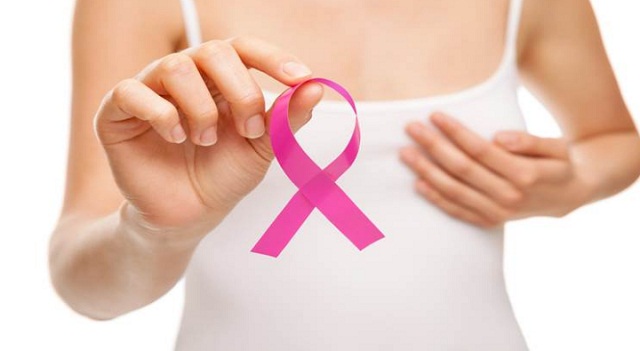
Syndey, Australia | Xinhua | Australian researchers have released a report warning that a common form of cancer treatment could lead to a range of fertility problems for women.
Oncologists from Monash University and the Peter MacCallum Cancer Center said their pre-clinical trial using mice showed that a medical treatment, known as immune checkpoint inhibitors (ICIs), could permanently damage eggs stored inside the rodents’ ovaries and interfere with ovulation and the fertility cycle.
Their study, published online in Nature Cancer and revealed on Friday, noted that the ICIs, which are often used for overcoming breast cancers, had previously been believed to be a safer option than more traditional medical procedures such as chemotherapy and radiotherapy, which are known to have possible side effects including infertility and premature menopause.
Professor Sherene Loi from Peter MacCallum Cancer Center said clinical trials involving women of reproductive age were now needed to gauge the ICI’s possible adverse effects on fertility and hormonal health of female cancer survivors.
Loi also suggested that due to such potential reproductive problems, human egg or embryo freezing could be considered for female cancer patients about to undergo ICI treatment.
“These interventions would need to be implemented in a timely manner, so as not to delay anti-cancer treatment,” she said.
Monash University PhD candidate Lauren Alesi said the ICI study showed that “caution should be exercised by clinicians and their patients, for whom fertility may be a concern.”
“Initially, these treatments were thought to be less damaging (than chemo and radiotherapy) in the context of off-target effects to the body,” Alesi said.
“However, it is now clear that inflammatory side effects in other organ systems are quite common with these drugs.”
Alesi also believes that other forms of immunotherapy should also be tested for similar possible problems.
“Our results may have implications for other immunotherapies, since they have revealed a close relationship between immune cells, the communication molecules (cytokines) they release, and regulating many aspects of fertility,” she said.
 The Independent Uganda: You get the Truth we Pay the Price
The Independent Uganda: You get the Truth we Pay the Price


